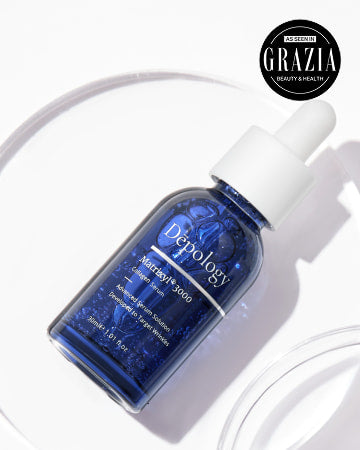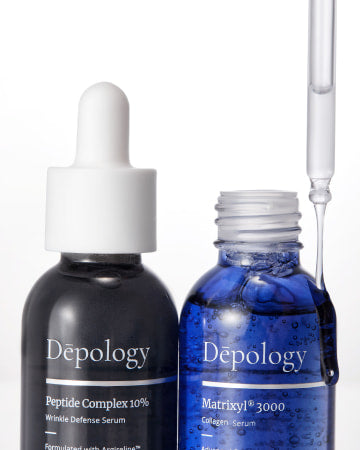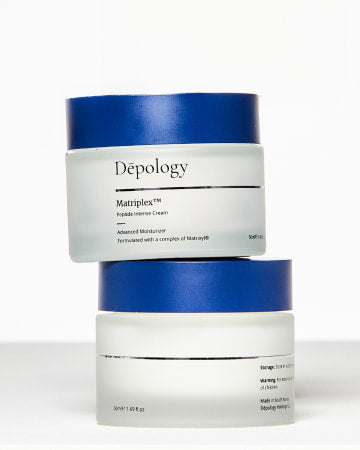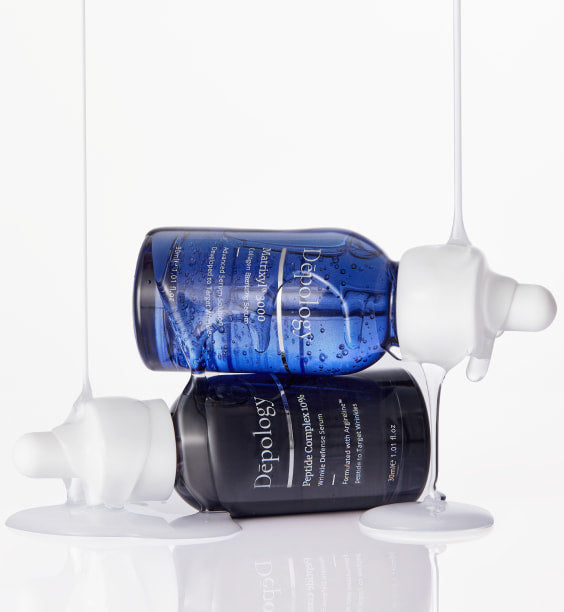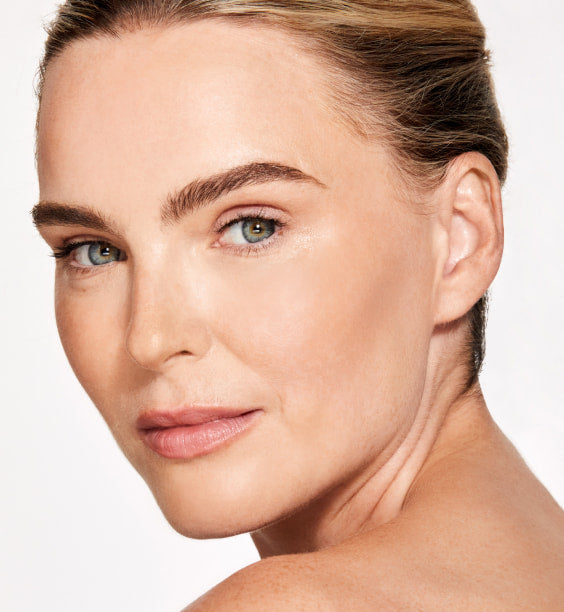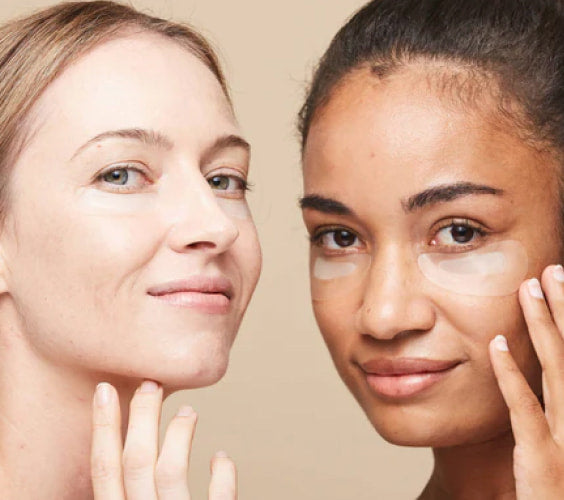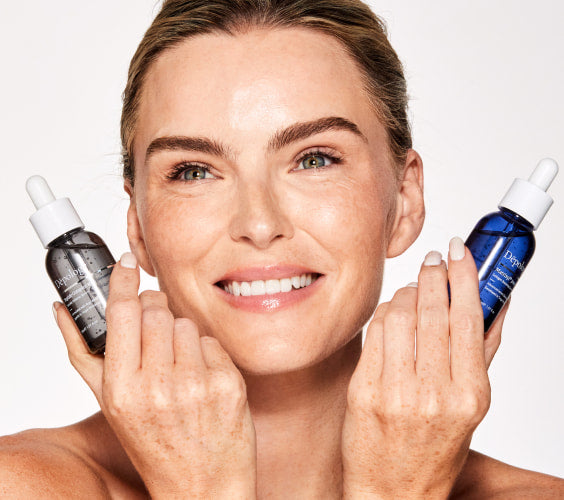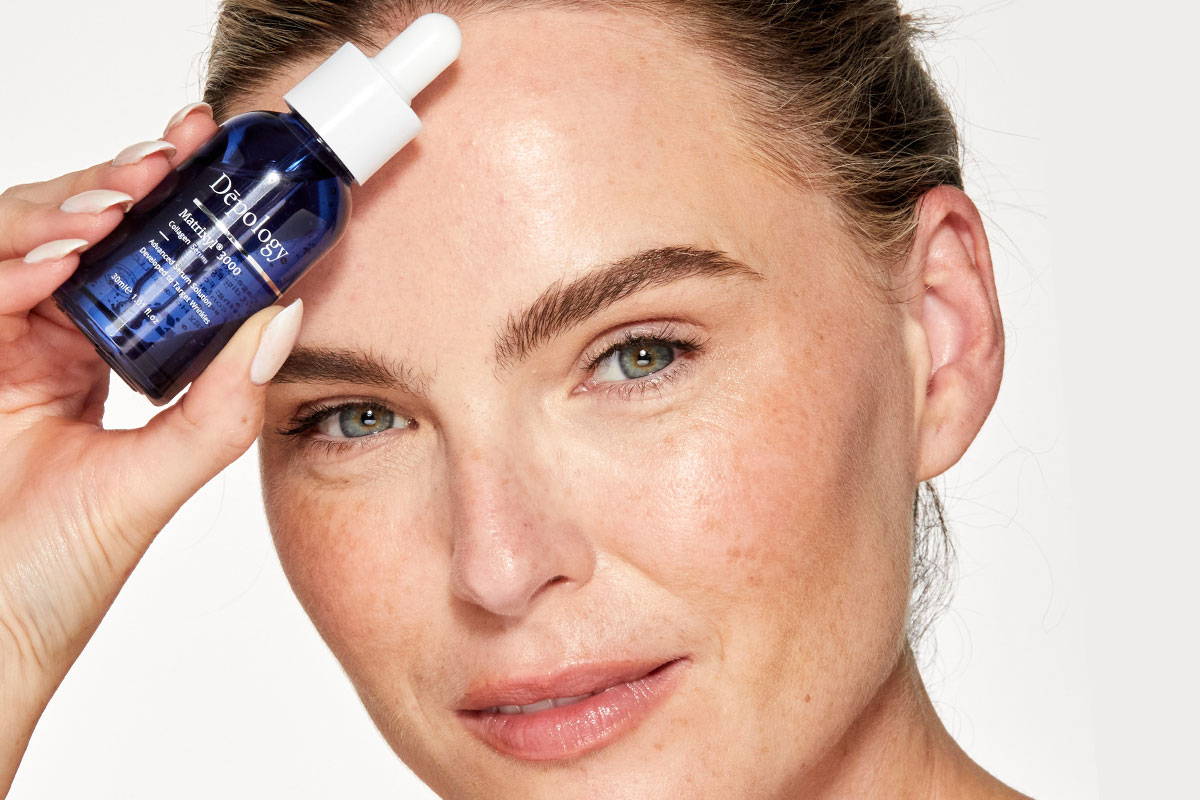
At What Age Should I Take Collagen?
Collagen, often called the body's "scaffolding," is the vital protein responsible for maintaining skin firmness, elasticity, and smoothness. However, as we age, this natural youth protein inevitably diminishes. So, when is the right time to start supplementing and intervening?
The Truth About Collagen Loss: Starting in Your Mid-20s
Scientific research indicates that our natural collagen production begins to slow down around our mid-20s (approximately age 25) Collagen production decline by age: American Academy of Dermatology (AAD). From this point, the body produces roughly 1% less collagen each year Collagen production decline by age: The Aging Process: How and Why Collagen Production Slows Down Over Time. By age 40, this decline often accelerates, especially for women going through hormonal shifts like menopause Collagen production decline by age: How Collagen Production Changes After 40.
When to Start Oral Collagen Supplements:
While there is no single "perfect age," most experts suggest the following timelines:
-
In Your 20s: The Proactive Phase. Starting in your mid-20s serves as a preventive measure, helping to combat early loss and maintain existing skin elasticity and hydration Best age to start collagen supplements: In Your 20s.
-
In Your 30s: The Maintenance Phase. If you begin to notice subtle fine lines and a minor reduction in firmness, supplementing in your 30s can help replenish diminishing levels and manage the early signs of aging Best age to start collagen supplements: In Your 30s.
-
In Your 40s and Beyond: The Essential Phase. At this stage, collagen loss becomes more significant. Consistent supplementation is essential for maintaining skin health, reducing wrinkles, and supporting joint and bone integrity Best age to start collagen supplements: In Your 40s and Beyond.
Understanding Topical Collagen Serums: Hydration, Not Restoration
As stated in the excerpt, grasping the underlying principles of collagen serums is key. The molecules in topically applied collagen are typically too large to penetrate the skin's outer layer (epidermis) and reach the deeper dermal layer. Therefore, topical collagen cannot directly stimulate deep skin cells to produce new collagen Efficacy of topical collagen serums: Collagen in a topical product is worthless in terms of anti-aging benefits.
What Topical Collagen Does Offer:
While not a collagen builder, topical collagen still provides valuable surface benefits:
-
Superior Hydration: Collagen has excellent water-binding properties. When applied, it acts as a humectant, drawing and locking moisture onto the skin's surface Efficacy of topical collagen serums: They do have water-binding properties.
-
Improved Skin Texture: This moisturizing action can temporarily plump the skin, making fine lines and wrinkles appear less pronounced, resulting in a smoother, softer feel Efficacy of topical collagen serums: improves skin texture and elasticity.
If your goal is to topically boost true collagen production, you should look for ingredients proven to act as signaling molecules, such as Vitamin C, Retinoids, or Peptides, which are small enough to effectively stimulate the skin's natural production process Efficacy of topical collagen serums: Ingredients that stimulate collagen production.


